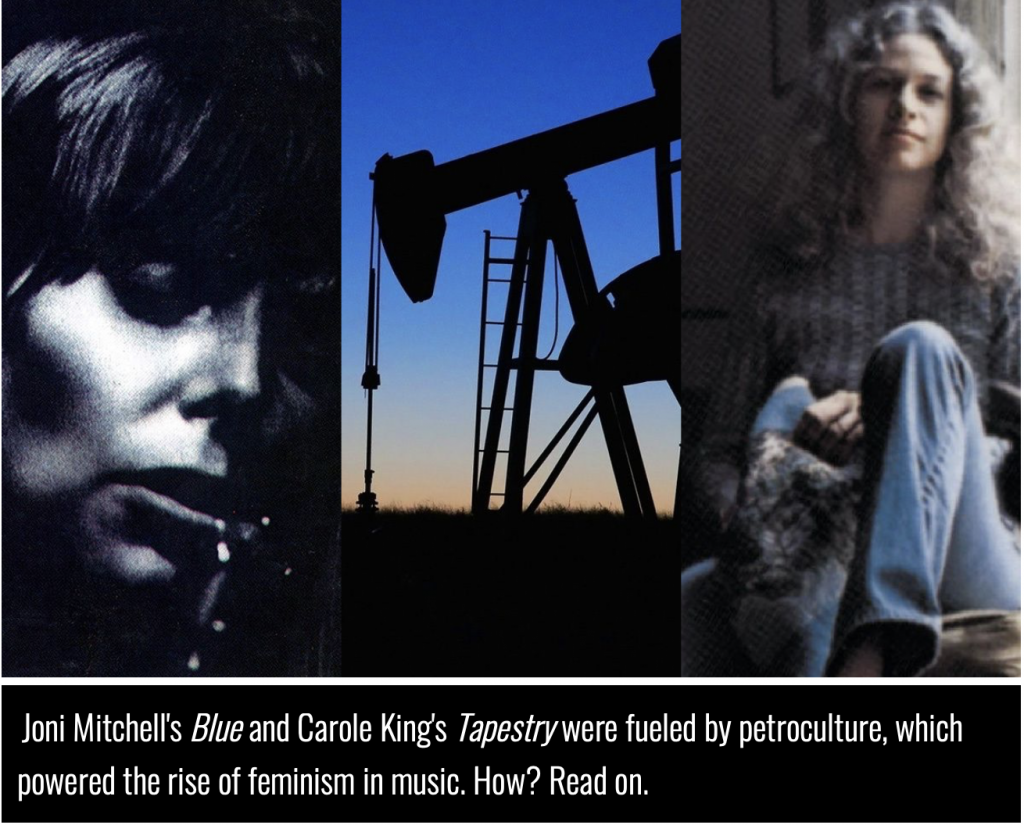
One of the secret thrills of writing articles for academic journals is getting that work cited in the research of other scholars. A goal in my late-starting-academic career has been to contribute to the literature on women and cars in some way. Having others cite my work validates my research; it makes me feel as though I am doing something meaningful. Because my work focuses on a subject that has not received much attention in scholarship, it is periodically cited in articles on a variety of subjects that somehow or somewhere address the woman-car relationship. I must admit that I often ‘Google’ myself to see if anyone has called upon my work to support their own.
That being said, I was ‘Googling’ myself the other day when I came upon an article in PopCulture.com that cited an article I wrote a number of years ago on the woman’s car song. In “Born to Take the Highway: Women, the Automobile, and Rock ‘n’ Roll”, I argue that while the car song has traditionally been associated with men and masculinity, women have also called upon the automobile in song to make statements about independence, identity, memory, and empowerment. I cited a number of female singer-songwriters of various musical genres to make my case. Bonnie Riatt, Toni Braxton, Shania Twain, Nanci Griffith, Tracy Chapman, and Joni Mitchell were a few of the artists who featured prominently in the article.
To quote Wikipedia, Pop Matters is “an international magazine of cultural criticism that covers many aspects of popular culture.” In “’Blue’, ‘Tapestry’, and Oil: Or, Oil Capitalism in Two Key Singer-Songwriter Albums”, Joshua Friedburg asserts that while ‘oil capitalism’ has had negative effects on the global environment, it has “simultaneously enabled new forms of social movements to occur, including feminism.” He focuses on two iconic female singer-songwriters – Carole King and Joni Mitchell – who in their respective albums Tapestry and Blue have reclaimed the road as a space for women. While I have not written about Carole King in relationship to automobiles, Mitchell featured prominently in “Born to Take the Highway,” which Friedberg cites. It was encouraging to see – nine years after the fact – that the article has relevance to what is being written about women and cars today.
Yes, seeing my work cited in academic literature and online journalism is a bit of an ego trip. But it also reassures me that the research I continue to do has value.
Do you have a favorite woman’s car song? What message about women and cars does it convey? Your comments are welcome.